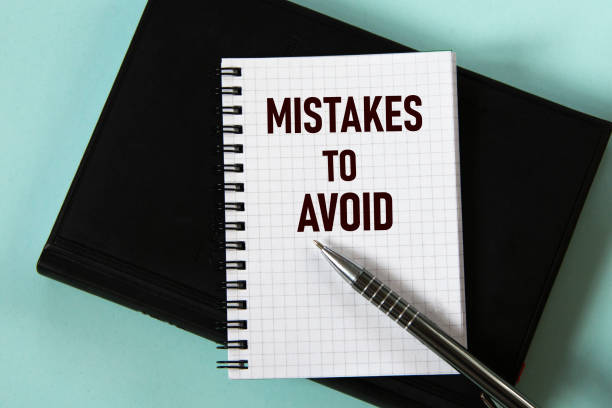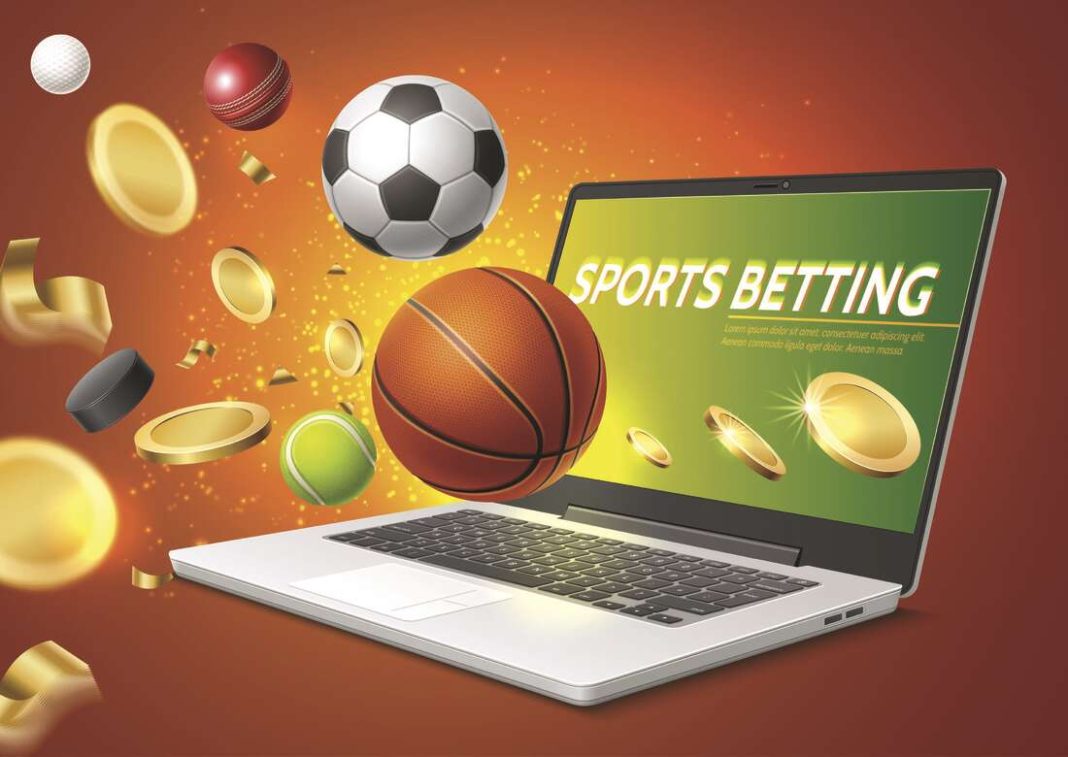Betting odds play a major role in sports betting, influencing bettors’ decisions in subtle yet impactful ways. While odds are simply numbers representing chances, understanding the psychology behind them provides key insights. Betting odds tap into cognitive biases, logical fallacies, and emotional motivations that can cloud one’s judgement. This makes it crucial for bettors to recognize how betting odds work on a psychological level.
By understanding the thought patterns and mental shortcuts triggered by betting odds, you can make smarter decisions. We’ll explore how phenomena like anchoring, loss aversion, and too much confidence sway people into making irrational betting decisions. Grasping the psychological forces in play allows you to overcome them with logic and discipline. With knowledge of the psychology behind betting odds, you can bet more rationally.
What are Betting Odds?
Odds serve as numerical indicators of both potential winnings and the likelihood of a particular outcome occurring in a bet. High odds suggest lower probabilities of winning but offer the possibility of substantial winnings if successful. Conversely, low odds indicate higher probabilities of winning, albeit with smaller potential payouts. These figures aid in assessing the level of risk involved and the potential returns if predictions prove accurate.
Typically expressed in decimals, such as 3.95, odds provide a clear representation of the potential payout. For instance, if you wager 100 Ksh on odds of 3.95 and your bet proves successful, your potential winnings would amount to 100 Ksh multiplied by 3.95, demonstrating the potential return on your investment.
The Certainty Effect
The certainty effect is one of the most interesting psychological biases that influences betting decisions. It refers to people’s tendency to prefer a sure gain over a probable, but larger gain.
For example, when given the choice between getting Ksh 1000 for sure versus a 50% chance at Ksh. 3000, most people opt for the guaranteed Ksh.1000. This demonstrates that people tend to overweight sure things compared to merely probable things.
The certainty effect helps explain why bettors often favor favorites over underdogs. A favorite winning provides a more certain payout versus the less certain, but potentially bigger payout of an underdog winning.
Bettors tend to overweight the sure gain of betting on favorites compared to the riskier but more profitable bets on underdogs. This bias leads bettors to make more conservative wagers than optimal betting strategy would dictate. Understanding the certainty effect can help bettors recognize this conservative tendency and make better informed decisions.
The Favorites Bias
Favorite bias is the tendency of people to bet on favorites, even when underdogs have better odds of winning. Experts speculate this is because people like to bet on teams, players, or horses they are familiar with and have heard of before. However, constantly betting on favorites regardless of the odds is not a smart betting strategy in the long run.
Oddsmakers adjust odds and lines to counteract heavy betting on favorites, aiming to balance betting action and minimize potential losses for the sportsbook while still offering attractive betting options to bettors. Through monitoring betting patterns and strategically altering odds, they seek to ensure profitability and mitigate risks associated with lopsided betting.
Hence, it is important for bettors to analyze the odds objectively and remove any personal biases. Picking underdogs strategically at the right times can lead to more profitable betting outcomes.
The Long Shot Bias
In betting, a long shot is when you select an outcome with little chance of happening. These picks have high odds, so if they win, you get a big payout.
Many people bet on long shots because of the enticing potential for a huge payoff. Even though the chances of winning are low, the idea of a large return is enticing. This trend is known as the long shot bias.
Research has found that bettors will wager more money on long shots versus their statistically expected value. Despite Team A having long odds of 10.00 to win a football match, bettors might still heavily back them, pushing their odds beyond their statistically expected value.
The long shot bias stems from people’s natural optimism and tendency to overestimate the likelihood of rare events. Bettors focus on the potential jackpot rather than the low odds. They also feel regret if they don’t bet on a long shot that ends up winning big. This cognitive distortion leads them to irrationally bet on outcomes that are unlikely to happen.
In sum, the temptation of a big payout leads many gamblers to favor long shots over betting rationally based on the true probabilities. This bias persists even when the expected return is lower. Understanding this tendency can help bettors make wiser choices.
Anchoring
Betting odds often come out well before the actual event, sometimes months in advance. These early odds anchor people’s perception of team strengths and capabilities going into the event.
If a team is listed as a heavy favorite early on, people will continue to view them as a powerhouse team even if circumstances change. Similarly, if a team is given longshot odds upfront, they will likely retain their underdog status in bettors’ minds for the duration.
The anchoring effect makes people place too much weight on the initial odds without adjusting their expectations as more information comes to light closer to game time.
Rather than making betting decisions based on a team’s latest performance data, many bettors rely heavily on their first impressions framed by the opening odds. This gives bookmakers power to influence perceptions, as initial odds framing can anchor public opinion regardless of objective facts. Savvy bettors will recognize the anchoring effect and avoid putting too much stock in early odds. Evaluating teams based on their full range of data leads to better predictive accuracy.
Loss Aversion
Loss aversion refers to people’s tendency to prefer avoiding losses over acquiring equivalent gains. For example, losing $100 feels worse than gaining $100 feels good. This principle was first introduced by psychologists Daniel Kahneman and Amos Tversky.
Loss aversion causes bettors to become more risk averse after wins and less risk averse after losses.
After winning, bettors feel they have something to lose if they place another bet. The potential pain of losing what they’ve won outweighs the pleasure of winning more. As a result, bettors become more cautious with their bets to avoid losing what they’ve gained.
In contrast, after a loss, bettors feel free from loss aversion. Since they’ve already lost money, another potential loss isn’t as impactful. This makes them more inclined to take risks that could help them win their money back. However, this often leads them to make reckless bets fueled by emotion rather than logic.
Bettors can overcome loss aversion by focusing on the expected value of each individual bet, instead of dwelling on the outcome of previous bets. They should evaluate each bet separately and avoid raising or lowering stakes just because previous bets won or lost.
The Hot Hand Fallacy
The hot hand fallacy is the belief that a person who experiences a successful or “hot” streak in the short term will continue that streak long term. This is a cognitive bias where people believe that past random success predicts future success.
In betting, this can lead bettors to become overconfident after wins and chase future bets believing their luck or skill will continue. For example, if a bettor has a winning streak and believes they have a “hot hand”, they may increase their wager amount and frequency, betting more aggressively on the expectation the hot streak will continue.
However, this is a fallacy as each bet or coin flip has independent odds unaffected by previous flips or bets. Just because you won your last 5 bets does not mean you have a greater chance of winning the next one. Gamblers can fall victim to the hot hand fallacy, when in reality short term results are not predictive of long term outcomes.
Understanding this bias is important to avoid chasing losses or making irrational bets based on the false belief that a winning or losing streak will continue indefinitely. In reality, the odds stay the same regardless of short term results.
Too much confidence
Many bettors display too much confidence in their ability to predict outcomes and beat the odds. Studies show that most bettors think they are above average at predicting game results. However, the data reveals most lose money over time.
Too much confidence stems from cognitive biases. Bettors tend to remember their wins more than losses, inflating their perceived skills. They focus on when they correctly predicted upsets or long shots and ignore frequent losses on more probable bets. This creates an illusion of expertise.
In reality, sustained betting success requires tremendous skill, resources and effort. The betting lines incorporate vast amounts of data, modeling and expertise. Consistently beating them is extremely difficult for an average bettor acting alone.
Bettors with too much confidence can bet more than they can afford because they rely more on their intuition than data. They dismiss the odds, believing they know better. This tendency ultimately leads to financial loss for the majority of bettors.
Takeaways
Here’s a summary of the psychological biases that make people to bet irrationally;
- The Certainty Effect – People prefer sure things over chances, even when the probabilities are better. This comes from loss aversion and ambiguity aversion.
- The Favorites Bias – People tend to bet on favorites, even when the odds don’t justify it. This is due to familiarity and availability bias.
- The Long Shot Bias – People are drawn to long shots, overestimating their chances despite the low possibilities. This stems from regret aversion and skewed risk preferences.
- Anchoring – Initial numbers presented “anchor” perceptions, even if irrelevant. First bids, asking prices, and opening lines can skew one’s odds judgments.
- Loss Aversion – Losses hurt more than equal gains. This leads people to avoid risks even when odds justify taking them. People bet to avoid a loss rather than maximize gain.
- The Hot Hand Fallacy – The belief that streaks will continue, when in reality successes are usually independent. This causes people to bet irrationally on “hot” teams or players.
- Too much confidence – Most people overestimate their betting skills and knowledge. This causes us to rely on instinct rather than calculated risks.
Overall, many unconscious biases influence betting decisions, often leading bettors astray from optimal choices. Being aware of these effects can help avoid irrational risks and make smarter bets.



